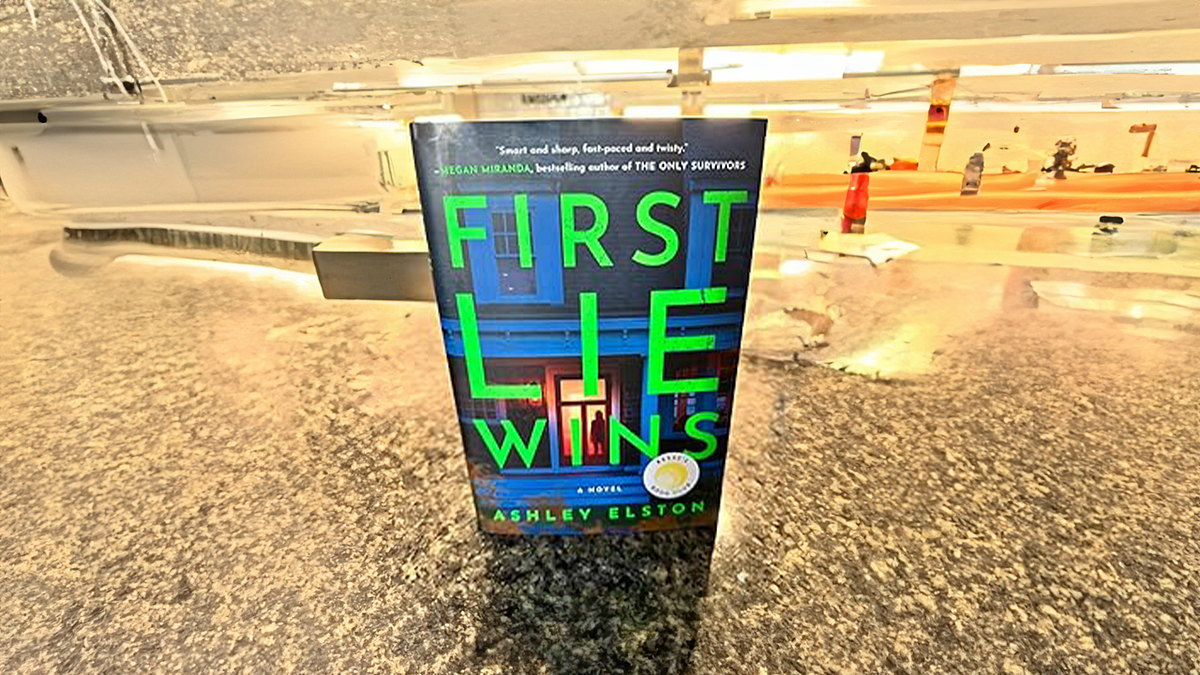
First Lie Wins Review – An Exciting New Game of Strategy and Deception!
April 18, 2025
Iloveloveloveebay.Com – A Passionate Hub for eBay Enthusiasts!
April 22, 2025Erothtos is a word that resonates with the heartbeat of humanity — a lyrical representation of love, longing, and emotional connection. Rooted in the traditions of ancient Greek culture, this term captures a specific kind of romantic expression that is soulful, intense, and timeless. Though rarely used in modern conversation, its meaning and implications remain deeply relevant for those who seek to understand the deeper dimensions of love.
🌺 What is Erothtos?
Erothtos (also spelled Erotos in some transliterations) is often interpreted as a poetic or literary word derived from the Greek root “Eros,” which denotes passionate or romantic love. Unlike simple physical attraction, Erothtos alludes to a spiritual and emotional form of love, often portrayed in poetry, literature, and ancient texts as something transcendent and almost divine.
While the term may not appear in everyday vocabulary, its spirit lives on in art, language, and the way we speak about the deepest forms of human connection.
📚 Historical Origins of Erothtos

In ancient Greece, love was not one-dimensional. The Greeks categorized love into several forms, including:
- Eros – passionate love
- Philia – deep friendship
- Agape – unconditional love
- Storge – familial affection
Among these, Eros stood out as the most intense, often representing the overwhelming and consuming nature of love. Erothtos stems from this concept but is layered with poetic nuance. It has appeared in various works of Cretan poetry, Byzantine literature, and Greek philosophical thought, where it was used to describe a pure, idealized form of affection that transcends physicality.
The word was also used in tales of divine love — where mortal beings fall for gods, or soulmates unite across lifetimes.
🎨 Erothtos in Art and Literature
The theme of Erothtos can be seen in numerous artistic expressions:
- Ancient Greek pottery and sculpture often depicted mythological lovers under the spell of Eros.
- Romantic poetry in the Hellenistic and Byzantine eras described love not just as desire but as destiny.
- In modern interpretations, Erothtos may reflect the idea of “twin flames” or “soul connections.”
Writers and artists have long used the concept of Erothtos to capture the beauty, pain, and power of love. It’s often a love that is bittersweet — too beautiful to last, yet too real to ignore.
🌌 The Symbolic Power of Erothtos
In today’s fast-paced world, the word “love” can sometimes lose its depth and significance. This is where Erothtos becomes important — it symbolizes the kind of love that lingers, that inspires poetry, and that changes the course of lives.
It reminds us that:
- Love can be transformative, not just transactional.
- True connection often requires emotional vulnerability.
- Love that endures is often marked by spiritual intimacy, not just physical attraction.
In essence, Erothtos urges us to feel more deeply, to love more courageously, and to value those connections that move us beyond the ordinary.
🌱 Erothtos in Modern Times

Though you might not hear people using the word Erothtos in daily conversations, its concept is alive in:
- Spiritual discussions about soulmates and twin flames
- Modern poetry that explores emotional and transcendent love
- Literary works that focus on the inner lives of lovers
- Psychological studies of attachment, longing, and connection
In relationships, Erothtos may manifest as the feeling of deep, mutual recognition, where two people feel as if they’ve known each other forever — or are “meant to be.”
🧠 Psychological and Emotional Insight
From a psychological perspective, Erothtos may reflect secure attachment paired with deep emotional resonance. It can describe:
- The sense of being seen and understood
- Intimacy that goes beyond surface attraction
- Emotional depth that survives time, distance, and hardship
Modern psychology might not use the term Erothtos, but its meaning aligns closely with the idea of authentic, emotionally bonded partnerships.
FAQ’s
1. What does Erothtos mean?
Erothtos is a poetic term from Greek that refers to a deep, passionate, and soulful kind of love—beyond just physical attraction.
2. Is Erothtos different from Eros?
Yes. While Eros represents physical or romantic love, Erothtos adds a poetic and emotional depth, often used in literature and poetry to express a more spiritual form of love.
3. Where does the term Erothtos come from?
The word comes from ancient Greek language and was used in poetry and classical literature to describe deep emotional love, often between soulmates or divine beings.
4. Is Erothtos still used today?
While not common in everyday conversation, the idea of Erothtos is still reflected in literature, spiritual writings, and romantic poetry.
5. Can Erothtos be experienced in real life?
Yes. People describe Erothtos as the feeling of deep connection, true understanding, or love that feels destined—like meeting a soulmate.
6. Is Erothtos only romantic?
Primarily, yes. However, it can also describe any deep, emotional bond that carries passion, respect, and mutual understanding.
7. How can I express Erothtos in my writing?
Use emotional language, focus on spiritual and soulful elements of love, and avoid clichés. Describe love as a journey or transformation.
8. What are some examples of Erothtos in art or literature?
Classical Greek poems, romantic novels, and even modern soulmate-themed movies often show the essence of Erothtos through powerful, emotional storytelling.
Conclusion: Why Erothtos Still Matters
Erothtos is a window into the emotional depth of human connection. Whether viewed through the lens of ancient poetry, spiritual exploration, or modern relationships, it reminds us that real love is a journey of the soul. In a time when quick connections are the norm, Erothtos challenges us to slow down, to feel deeply, and to honor love as a sacred experience.





